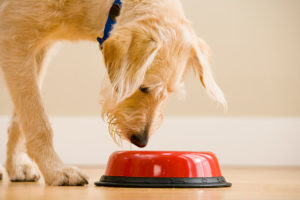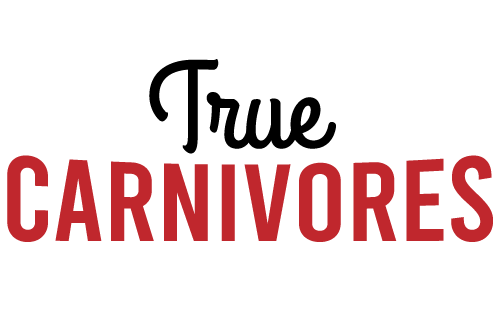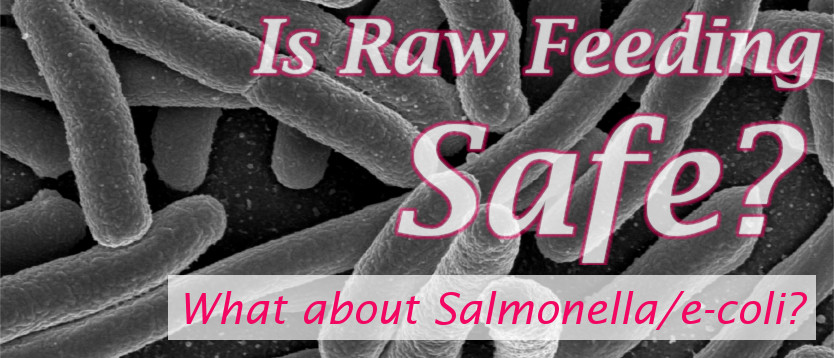Does Raw Food Contain Salmonella Or E.Coli? Will Feeding Raw Food Make Me Or My Pet Sick?
Yes, raw food can contain pathogens. All natural, healthy foods can, such as fruits, veggies, meats, dairy etc. We, as humans, certainly don’t solve this problem by cutting out fresh foods from our diet so why should we deprive our pets of natural, real food for the same reason? There are a number of things you can do to protect yourself and your fur babies from salmonella and E. coli, but most of the prevention is taken care of by mother nature.

CAN MY DOG GET SALMONELLA OR E. COLI?
 Yes, in fact there’s a good chance your dog is carrying salmonella at this very moment! But wait, don’t rush your dog to the vet just yet! Salmonella can be found in up to 36% of healthy dogs and 18% of healthy cats, meaning that it is very normal for our pets to be carrying this bacteria as part of their GI flora. Because they are carnivores, dogs and cats have a very short, acidic digestive tract designed for processing raw meat. A dog’s stomach has a pH value as low as 1! This makes it nearly impossible for salmonella or E. coli bacteria to colonize and multiply. Any bacteria left in your pet’s system is naturally shed through feces, regardless of the type of food consumed. This is a good thing! Because by getting rid of the salmonella or E. coli, your pet is healthy enough to pass it through his system without being infected.
Yes, in fact there’s a good chance your dog is carrying salmonella at this very moment! But wait, don’t rush your dog to the vet just yet! Salmonella can be found in up to 36% of healthy dogs and 18% of healthy cats, meaning that it is very normal for our pets to be carrying this bacteria as part of their GI flora. Because they are carnivores, dogs and cats have a very short, acidic digestive tract designed for processing raw meat. A dog’s stomach has a pH value as low as 1! This makes it nearly impossible for salmonella or E. coli bacteria to colonize and multiply. Any bacteria left in your pet’s system is naturally shed through feces, regardless of the type of food consumed. This is a good thing! Because by getting rid of the salmonella or E. coli, your pet is healthy enough to pass it through his system without being infected.
SO THEN, CAN HUMANS CONTRACT SALMONELLA OR E. COLI FROM THEIR PET’S WHO CARRY IT?
The highly acidic stomach that your dog or cat has kills many types of pathogens that could potentially be harmful to humans. Dog’s saliva also has bactericide properties that prevent certain bacterias such as salmonella and E. coli from existing in the mouth (so getting kisses from your raw fed dog won’t harm you!). The only way that pets shed salmonella bacteria is through their feces. Therefore, your only chance of catching salmonella from your dog or cat would be if you had a compromised immune system and ingested your pet’s feces or raw food, which is obviously something you don’t need to be instructed not to do! So, while anything is possible, it is highly unlikely that you will get salmonella or E. coli from your dog or cat or their food.
WHAT ABOUT THE REPORTS AND RECALLS HEARD ABOUT IN THE NEWS?
The majority of human and pet salmonellosis cases happen from ingestion or handling of DRY pet foods and treats. Dogs and cats that consume a processed food diet are essentially immune-compromised as they are not eating what they are born to eat. As a result, they have an alkaline digestive tract, rather than the natural acidic tract, giving bacteria a better chance of colonizing. Processed food also contains many carbohydrates which break down into sugars, providing the salmonella and E. coli bacteria with plenty of food to thrive and multiply. The plaque and tartar that take over the teeth of kibble fed cats and dogs provides the perfect warm, moist, sugary environment for bacteria to flourish. So while both raw food and kibble contain traces of salmonella and E. coli, it is more likely for the kibble fed animal to become infected with salmonella or E. coli because they are not as healthy and not as able to pass the bacteria through their systems. Also, because it is not widespread knowledge that kibble can contain harmful bacteria, it is unlikely that kibble feeders would take the same disinfecting precautions that raw-feeders take when preparing food. This gives kibble-feeders a higher chance of contracting salmonella or E. coli from handling their pet’s food.
To date, there has not been a single incidence reported of a human or a dog contracting salmonella from being in contact with raw pet food. The raw meat you feed to your pet is government inspected and is of the same quality that you feed to your family.
PREVENTION IS KEY
The take home message here is that you should take the same precautions as you would when handling any type of raw meat:
- Wash your hands before and after handling raw meat and especially before consuming food or putting your hands near your mouth.
- Disinfect all surfaces that have come into contact with raw meat including countertops, tables, utensils.
- Thoroughly clean your pet’s dishes after each meal to ensure they are not contaminated during the next feeding.
- Keep small children away from your pet’s food dish and any raw meat. Children usually don’t understand not to put their fingers in their mouths so it’s easiest to just keep them away from possible contamination.
Possibly the easiest step of prevention is making sure that your pet’s digestive system is working at its best to handle salmonella and E. coli without becoming ill. The raw food diet ensures that your pet has the appropriate acidic digestive tract, with no carbohydrates (sugars) for bacteria to feed on.


